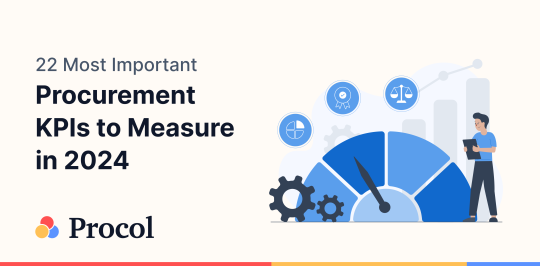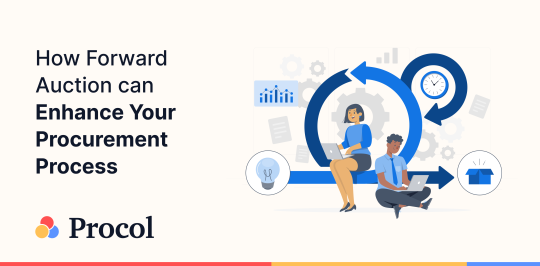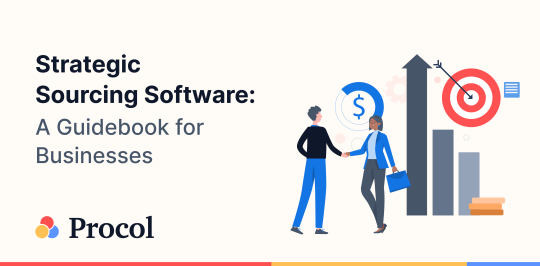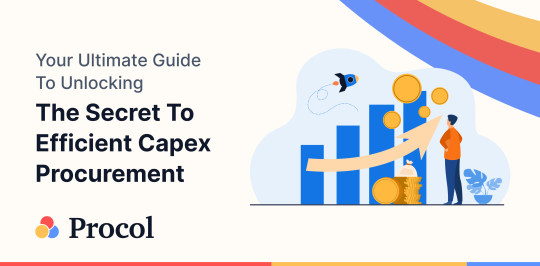5 Ways to Benefit from Smart Category Management
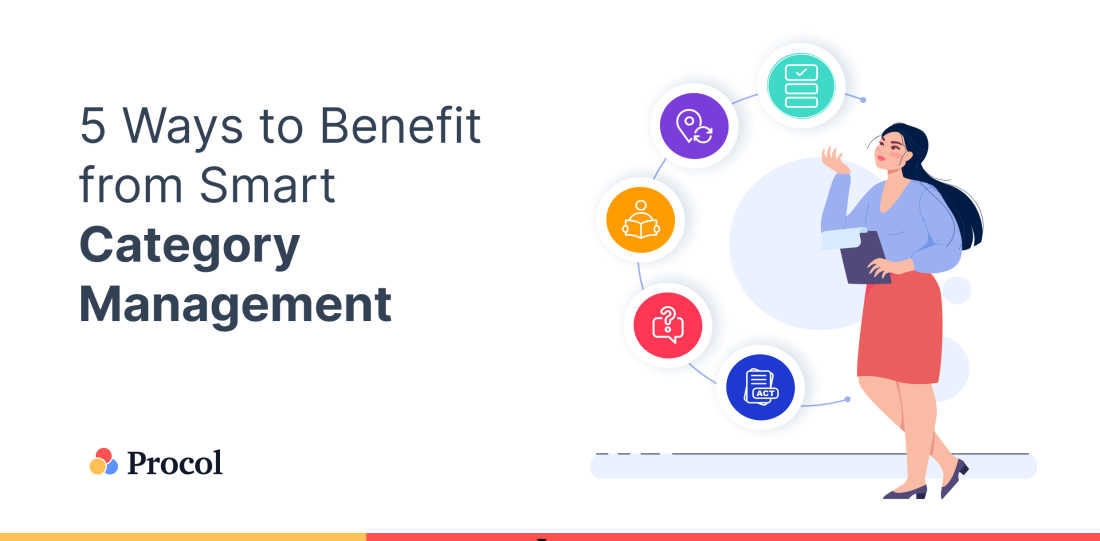
TABLE OF CONTENTS
Procurement category management refers to categorising and organising spend into multiple areas for better focusing and detailed analysis of goods, services, and associated suppliers for each category. CPOs are interested in allocating the right resources for every procurement project to maximise ROI and minimise TCO. Category-based procurement gives detailed views of the spending, providing deeper analytics on why your organisation is spending on specific categories.
Benefits Of Category Management
Each business has different goals and needs. Thus, the categories defined for each company may be different. For example, your organisation may categorise procurement spending based on specific products, resources, or departments where money is spent. Categorization can be personalised for every business, and procurement software provides flexible category management options.
Following are some of the benefits of focusing on procurement categories:
- Track spending in each category individually.
- Identify critical suppliers based on categories and negotiate for better value.
- Identify KPIs to measure vendor performance for monitoring.
- Develop process improvement strategies based on spend.
- Enable data management with greater visibility, transparency, and collaboration for tedious tasks.
- Continuous monitoring of category spending helps develop resilient strategic sourcing techniques.
Category management is a proactive process in which the category manager plays a key role. With a deep understanding of categories, spending, and their significance, category managers help reduce wasted time and resources, eliminate human errors, and assert control over spend. Procurement software provides a unified platform for category managers to categorise and classify spending for deeper analysis.
Category Management Best Practices
Developing an effective category management strategy is difficult. Developing analytics based on historical data is quite simple with data analysis tools, but you need an AI-powered procurement system to predict the future path of the procurement strategy. Nevertheless, the goal is to create a cohesive category management strategy that can be implemented across the organisation to add more value to the procurement process.

Following are the best practices to follow to achieve category management success:
- Encourage The Stakeholders To Get Involved
Developing futuristic strategies will be successful only if all the stakeholders are involved in the process. Procurement leaders may resist the new strategy because they don’t think the time and effort are worth it. However, category managers should work with multiple stakeholders to understand each spend’s risk tolerance and savings targets. Once the stakeholders realise the importance of added value and benefits of category management, they will be involved in building the strategy.
- Align Strategy Goals To Business Goals
While the purpose of category management is to reduce spending and increase value, the overall procurement goals should always align with the business goals. Therefore, it is crucial to understand current, and future business needs before developing strategies. In addition, due to the changing nature of the business environment, current business goals may differ from future expectations. Therefore, tolerance for change should be identified to introduce a new category strategy that completely changes the way a business requirement is handled in the past.
- Define Baseline Spending And Work On Spending Evolution
Understanding how procurement will look in the future is crucial to developing a category strategy. Futuristic data can be derived if you can analyse the past details. The spending structure for each category with details on the supplier, region, and business unit must be developed based on existing data. The procurement team can then work on developing an outlook of the spending for the future. It will help the category manager to create a strategy that adds more value in the future.
- Conduct Deep Research And Analysis Of Suppliers
The suppliers should also be ready to participate in the new scheme when the category management evolves. Suppliers set in their ways won’t be flexible in adopting new procurement strategies. Hanging on those suppliers will only hurt the organisation in the long run. Besides purchase price from suppliers, category strategy should focus on innovations the supplier is ready to bring in. Sometimes, future market requirements may force new technologies to be introduced in the procurement process, and the suppliers must be willing to innovate. Analysing and identifying proactive suppliers willing to innovate along with the business is crucial.
- Develop A Strategy And Implementation Roadmap
The category management strategy should detail business priorities for three to five years. The strategy should ensure that quality is never compromised for cost savings. In addition, the strategy must make the business more resilient, mitigating any short-term or long-term risks. The business value should never be affected, and stakeholders must know what will come. Procurement software will help create an implementation roadmap along with timelines to achieve cost and non-cost benefits for the organisation.
Conclusion
Automation of category management through e-procurement enables collaboration between management and team leaders. Thus, when everyone works together, new opportunities for growth and innovation can be uncovered using a knowledge-based approach. Procol provides an all-inclusive procurement solution with AI-powered capabilities for procurement management. Schedule a demo with us to build a foundation for futuristic category management.
Get a Free Demo
We'd love to hear from you. Please fill out this form to schedule a demo with us. You can also give a call on +91 76666 82222
